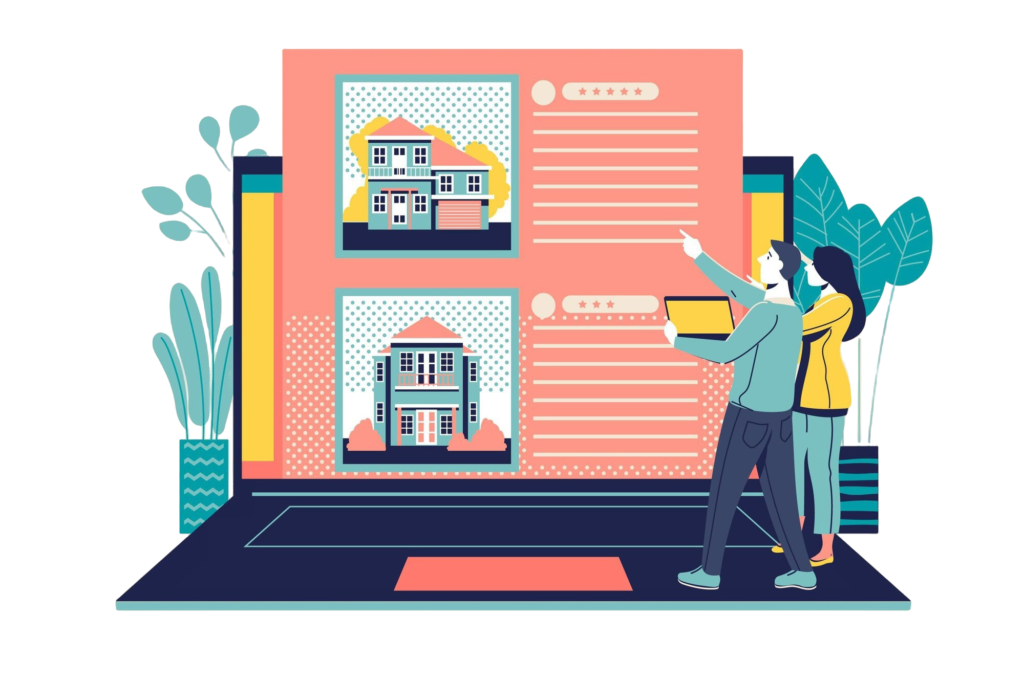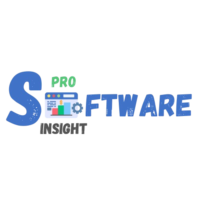Online Property Management Software: Features to Look For

Table of Contents:
Intro
- What is Online Property Management Software?
- Key Features
- Questions to Ask Before Choosing Software
- Conclusion
Managing rental properties can be a complex and time-consuming task. Whether you’re an individual landlord, a property management company, or a real estate investor, online property management software has become an indispensable tool to streamline operations, enhance tenant satisfaction, and maximize efficiency. But with so many options available, how do you determine which platform is the best fit for your needs? This guide dives into the essential features you should look for when evaluating property management software, ensuring your investment supports both your business and your tenants effectively.
What is Online Property Management Software?
Online property management software is a digital platform designed to help landlords and property managers oversee various aspects of property management. From rent collection and tenant communication to maintenance requests and financial reporting, these tools simplify day-to-day tasks, reduce manual errors, and provide valuable insights to optimize operations.
As technology evolves, the capabilities of property management software have expanded, making it easier than ever to manage properties remotely and maintain a professional relationship with tenants. However, not all platforms are created equal, and selecting the right one requires a clear understanding of your priorities and pain points.
Key Features to Look For
1. Comprehensive Lease and Tenant Management
One of the core functionalities of property management software is managing tenant data and lease agreements. Look for software that allows you to:
- Store and access lease agreements securely.
- Track lease start and end dates, renewals, and terminations.
- Maintain detailed tenant records, including contact information and payment history.
For example, platforms like Buildium and AppFolio excel in providing a centralized tenant database, making it easy to retrieve essential information quickly.
2. Automated Rent Collection
Late or inconsistent rent payments can disrupt cash flow and strain landlord-tenant relationships. An ideal property management software should include:
- Online rent payment options (credit card, ACH, bank transfers).
- Automated reminders for due and overdue payments.
- The ability to generate receipts and maintain a clear payment history.
Automated rent collection not only saves time but also minimizes errors and ensures transparency in financial transactions.
3. Maintenance Request Management
Efficient handling of maintenance requests is crucial for tenant satisfaction. Seek software that offers:
- A dedicated tenant portal for submitting and tracking maintenance requests.
- Notifications for new requests and status updates.
- Tools to assign work orders to vendors and monitor progress.
For example, real-world users of Propertyware have highlighted its ability to streamline maintenance workflows, reducing response times and improving overall property upkeep.
4. Accounting and Financial Reporting
Accurate financial management is the backbone of successful property management. Features to prioritize include:
- Built-in accounting tools to track income and expenses.
- Automated generation of profit-and-loss statements, balance sheets, and tax reports.
- Integration with popular accounting software like QuickBooks.
- Financial clarity ensures compliance with tax regulations and provides actionable insights to help you make informed decisions.
5. Customizable Communication Tools
Effective communication strengthens relationships with tenants and vendors. Look for software that supports:
- In-app messaging and email templates.
- Broadcast messages for property-wide announcements.
- Scheduled reminders for inspections, rent due dates, and lease renewals.
- Clear, consistent communication fosters trust and helps prevent misunderstandings.
6. Scalability and Customization
Whether you manage a single property or a large portfolio, your software should adapt to your growth. Features that support scalability include:
- The ability to add unlimited properties and users.
- Customizable dashboards to suit your workflow.
- Integration with other tools or platforms, such as CRM or marketing software.
7. Mobile Accessibility
In today’s fast-paced world, managing properties on the go is a necessity. Ensure the software offers:
- A mobile-friendly interface or dedicated app for both managers and tenants.
- Full access to key features, such as rent collection, maintenance tracking, and communication tools.
- Mobile accessibility enhances convenience and ensures you stay connected with your properties at all times.
8. Data Security and Compliance
Handling sensitive tenant and financial data requires robust security measures. Look for software that prioritizes:
- Secure data encryption and backups.
- Compliance with legal and regulatory standards, such as GDPR or Fair Housing Laws.
- Multi-factor authentication (MFA) for added security.
By protecting your data, you safeguard your reputation and build trust with your tenants.
Questions to Ask Before Choosing Software
When evaluating property management software, consider asking the following questions:
- Does it offer a free trial or demo to explore its features?
- What is the cost structure (monthly subscription, per unit, or one-time fee)?
- How responsive is customer support, and what training resources are available?
- Are there any hidden fees, such as for additional features or integrations?
Conclusion
Selecting the right online property management software can transform the way you manage your properties, saving time, reducing stress, and enhancing tenant satisfaction. By focusing on features like lease management, automated rent collection, maintenance tracking, financial reporting, and scalability, you can choose a platform that meets your unique needs and supports your long-term goals.
Remember, the best software is not necessarily the one with the most features but the one that aligns with your workflow and priorities. Take the time to evaluate your options, read reviews, and explore demos to make an informed decision. With the right tools in place, you’ll be well-equipped to handle the complexities of property management and grow your business with confidence.
